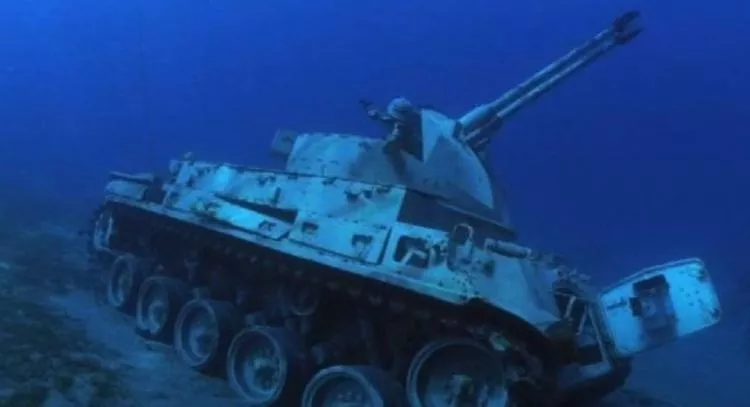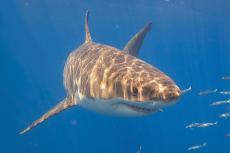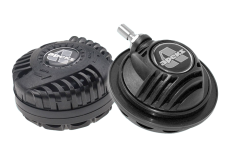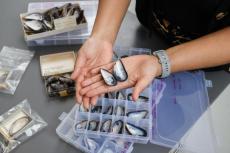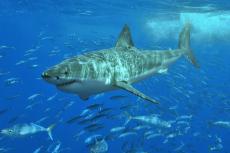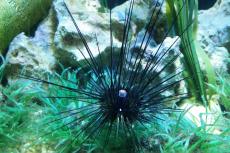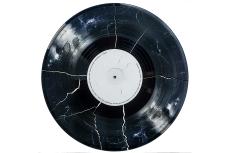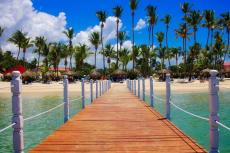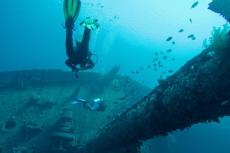Hurghada establishes underwater military museum
With the backing of the Egyptian Ministry of Environment and the Red Sea Governorate, the inaugural underwater museum in Hurghada has been inaugurated by HEPCA (Hurghada Environmental Protection and Conservation Association).
The museum, a collaborative effort between the local government of the Red Sea province and Egypt's Ministry of Environment, spans three newly designated diving sites near the resort city of Hurghada.
The goal of the new museum
The primary objective of the initiative, as conveyed by the Red Sea province's governor earlier in the week, is to redirect the highly popular diving activities in Hurghada away from coral reefs. These reefs have suffered erosion due to decades of extensive tourism. The strategy involves introducing alternative dive sites in close proximity.
The decision to submerge old military equipment, including obsolete tanks and other vehicles, and to feature them as the main attractions at these dive spots, was made to emphasize the significant role of Egypt's military in shaping its history, the statement clarified.
Over time, Dr. Mahmoud Hanafy, a renowned marine biologist and a member of the Hurghada Environmental Protection and Conservation Association (HEPCA), a ministry-affiliated organization overseeing environmental projects in the Red Sea, anticipates that new coral formations will develop on the sunken military equipment's surface.
While the utilization of military artifacts undoubtedly offers an intriguing spectacle for tourists, Hanafy explained to The National that the initial intent was to alleviate stress on the Hurghada coral reefs, which boast some of the Red Sea's most picturesque diving experiences.
Reef protection
"To maintain the reefs, an ideal annual average of around 22,000 dives is recommended. However, the sites near Hurghada record over 200,000 dives annually, significantly straining the reefs," he noted. "These alternative diving locations will divert at least a portion of those divers away from the deteriorated corals."
The project was inaugurated on Thursday, with a subsequent phase set to launch the following year, encompassing four additional diving sites off Hurghada's coast.
"Schools of fish will inhabit each tank or vehicle, followed by the growth of algae and other smaller organisms," said Hanafy. "After approximately a year, soft coral will begin to develop on the military equipment's surface, and in five to six years, larger corals will emerge."
Numerous scientists, including Hanafy, hold optimistic expectations for the project's success, drawing on similar achievements in other regions worldwide to enhance the sustainability of Egypt's Red Sea.


